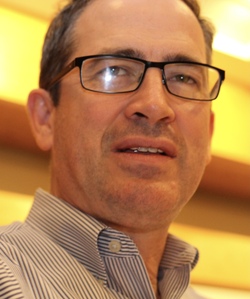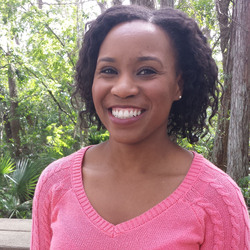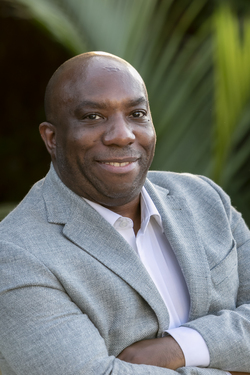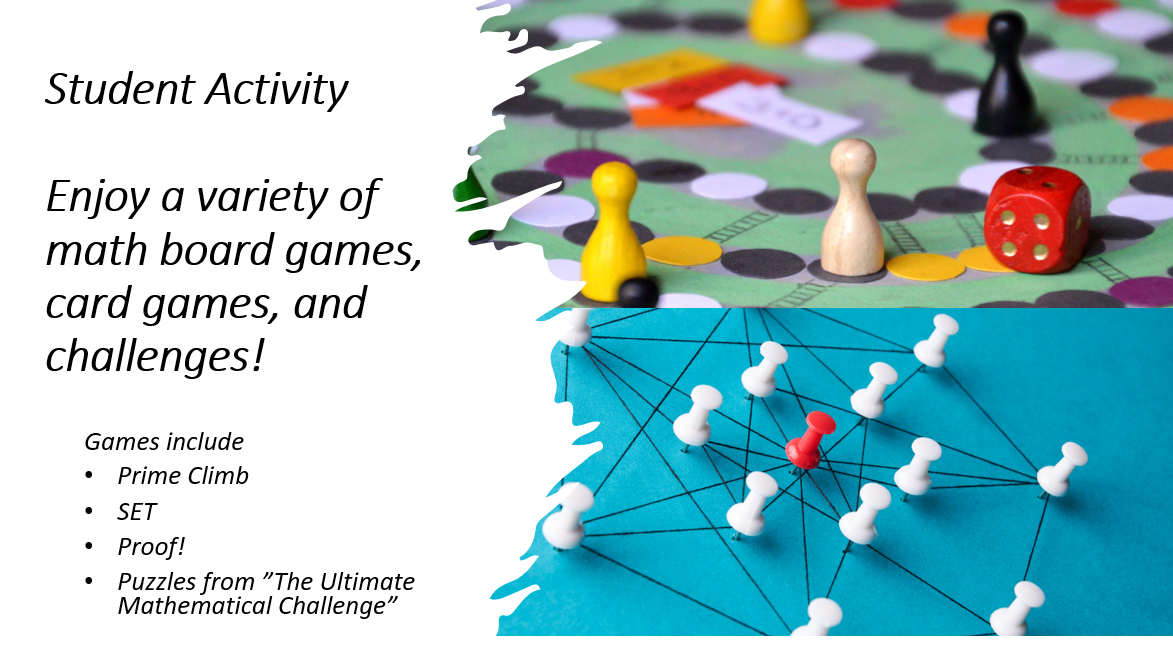EPaDel Spring 2023 Section Meeting
Our Spring 2023 meeting was held April 15, 2023 at Penn State Brandywine.
Schedule
Registration
8:30 - 10:30, Tomezsko Building
Light Breakfast Reception (coffee, tea, pastries)
8:30 - 9:00, Tomezsko Building
Welcoming Remarks
9:05 - 9:15, Tomezsko 103
Invited speaker: Doug Ensley (Shippensburg University)
Finding Your Mathematical Identity
9:15 - 10:10, Tomezsko 103
Coffee Break & Silent Auction
10:10 - 10:30, Tomezsko Building
Invited speaker: Talea Mayo (Emory University)
Mathematics applied: the use of computational models to understand climate change impacts to storm surge risk
10:35 - 11:25, Tomezsko 103
Business Meeting & Awards
11:30 - 11:45, Tomezsko 103
Lunch & Table Discussions
11:45 - 12:50, Student Union Building
Faculty/Graduate Speaker Sessions
1:00 - 2:00, Main Building
Student Activity
1:00 - 2:00, Main Building, 1st floor lounge
Student Speaker Sessions
2:05 - 3:05, Main Building
Invited speaker: Edray Goins (Pomona College, Chair of MAA Congress)
Clocks, Parking Garages, and the Solvability of the Quintic: A Friendly Introduction to Monodromy
3:10 - 4:00, Tomezsko 103
Reception & Silent Auction Winners
4:00 - 4:30, Tomezsko Building
Invited Speakers
 Doug Ensley (Shippensburg University)
Doug Ensley (Shippensburg University)
Finding Your Mathematical Identity
I will present some results (from the final undergraduate research project I supervised before retiring from teaching in 2022) on generalizations of typical Pascal Triangle identities, including a cute relationship that allows you to create your own identities within customized triangular arrays of numbers. Within this context I will share some thoughts on the value of understanding interconnections between the mathematical topics we study at the undergraduate level and how my own identity as a mathematician has formed over 40 years.
After catching the math bug from Dorothy Wendt (legendary Alabama math teacher), Doug Ensley received mathematics degrees from the University of Alabama in Huntsville and Carnegie Mellon University, writing a PhD dissertation in mathematical logic with overtones of combinatorics and graph theory. He left CMU as the inaugural recipient of their university-wide graduate student teaching award. In 1993 Doug joined the faculty at Shippensburg University. And by 1994, Louise Berard (Wilkes University) had already recruited him as a volunteer within the EPADEL section, igniting a lifelong passion for service to the mathematics community. Doug has written extensively on discrete mathematics and has been fortunate to receive NSF funding for a half-dozen grant projects over the years, including the one that supports his current, part-time role as director of the MAA OPEN Math project. In 2021, he was rendered speechless when he received both the Crawford Award for Mathematics Teaching and the MAA Meritorious Service Award from the EPADEL section.
 Talea Mayo (Emory University)
Talea Mayo (Emory University)
Mathematics applied: the use of computational models to understand climate change impacts to storm surge risk
It is widely accepted that climate change will cause global mean sea level rise, increasing coastal flood risk in many places. However, climate change also has significant implications for tropical cyclone climatology. Specifically, hurricane intensity, size, and translation speed are all expected to intensify in the future, and each of these influences storm surge generation and propagation. In this talk, I will discuss probabilistic and deterministic numerical modeling approaches we have taken to understanding what this means for coastal flooding from storm surges.
Talea Mayo is a computational mathematician with expertise in the development and application of numerical hydrodynamics models for coastal hazards. She specializes in hurricane storm surge modeling, including their use for the investigation of climate change impacts on coastal flood risk. She also has expertise in statistical data assimilation methods for state and parameter estimation. She earned her B.S. in Mathematics from Grambling State University, and her M.S. and Ph.D. in Computational and Applied Mathematics from The University of Texas at Austin. She is currently an Assistant Professor in the Department of Mathematics at Emory University, and was awarded the Early-Career Research Fellowship by the National Academies of Sciences Gulf Research Program and the Early Career Faculty Innovator Award by the National Center for Atmospheric Research. She is a fierce advocate of accessible, inclusive science and education of all people, and spends her free time chasing marathon PRs and toddlers.
 Edray Goins (Pomona College, Chair of MAA Congress)
Edray Goins (Pomona College, Chair of MAA Congress)
Clocks, Parking Garages, and the Solvability of the Quintic: A Friendly Introduction to Monodromy
Imagine the hands on a clock. For every complete the minute hand makes, the seconds hand makes 60, while the hour hand only goes one twelfth of the way. We may think of the hour hand as generating a group such that when we "move" twelve times then we get back to where we started. This is the elementary concept of a monodromy group. In this talk, we give a gentle introduction to a historical mathematical concept which relates calculus, linear algebra, differential equations, and group theory into one neat theory called "monodromy". We explore lots of real world applications, including why it's so easy to get lost in parking garages, and present some open problems in the field. We end the talk with a discussion of how this is all related to solving polynomial equations, such as Abel's famous theorem on the insolubility of the quintic by radicals.
Edray Herber Goins grew up in South Los Angeles, California. The product of the Los Angeles Unified (LAUSD) public school system, Goins attended the California Institute of Technology, where he majored in mathematics and physics, and earned his doctorate in mathematics from Stanford University. He has worked as a researcher at both Harvard and the National Security Agency; and has taught at both Caltech and Purdue. Goins is currently a Professor of Mathematics at Pomona College in Claremont, California. He has published over 25 journal articles in areas such as applied mathematics, graph theory, number theory, and representation theory; and on topics such as Diophantine equations, elliptic curves, and African Americans in mathematics. He runs a federally-funded Research Experience for Undergraduates (REU) titled Pomona Research in Mathematics Experience (PRiME).
Student Activity

Local Organizers
The local organizer for this meeting is Samantha Pezzimenti of PSU Brandywine. Please contact a local organizer with site-specific questions, or contact an Executive Committee member with more general questions.